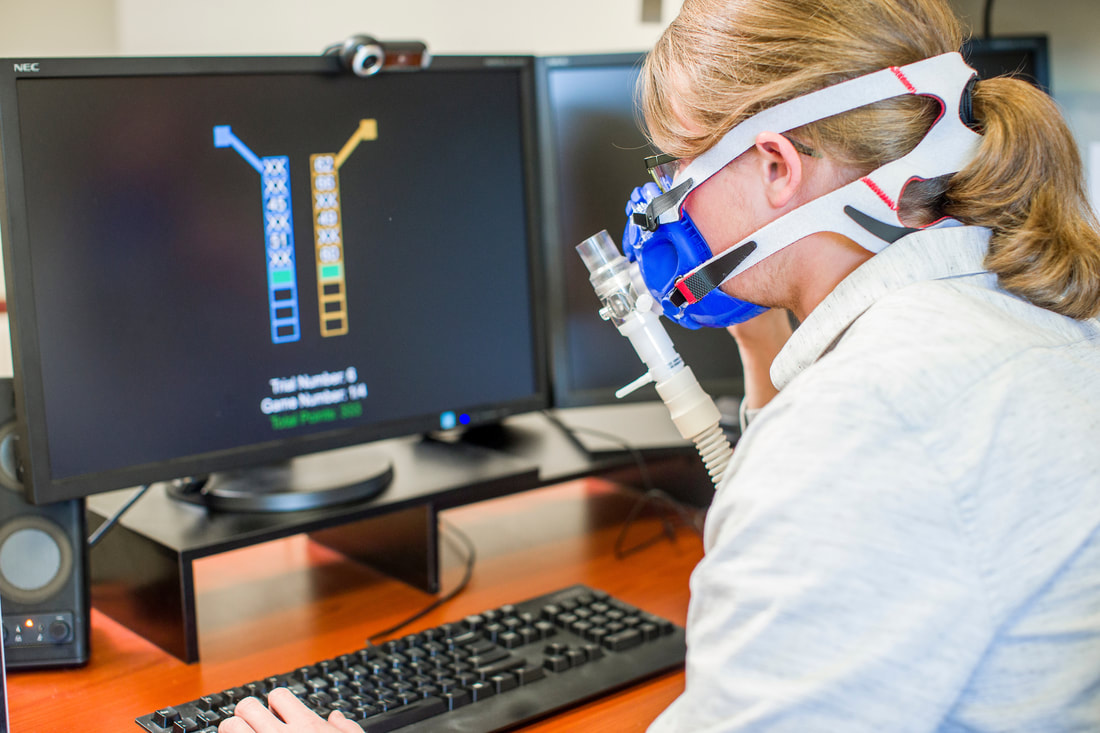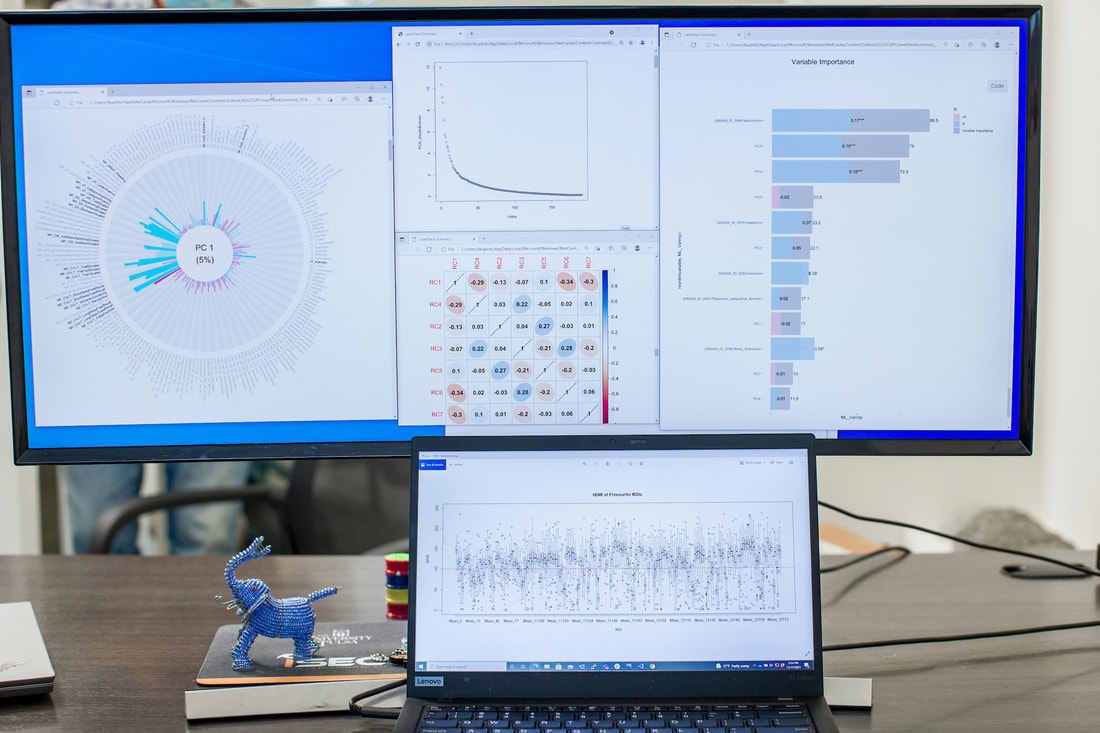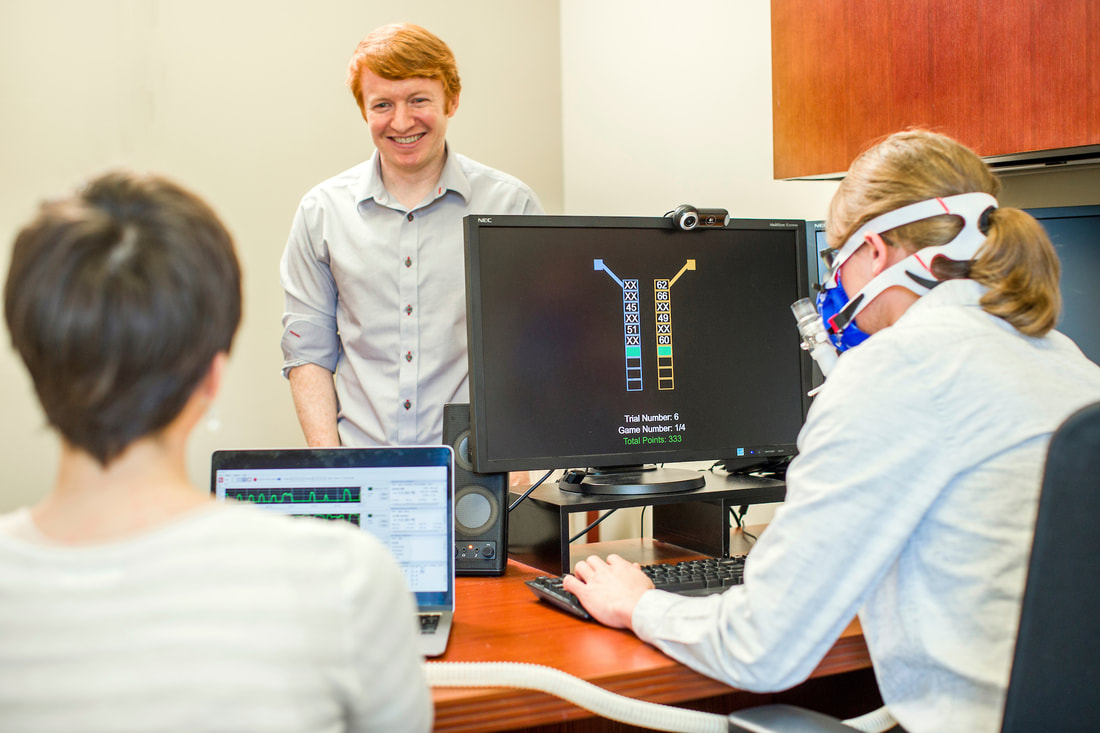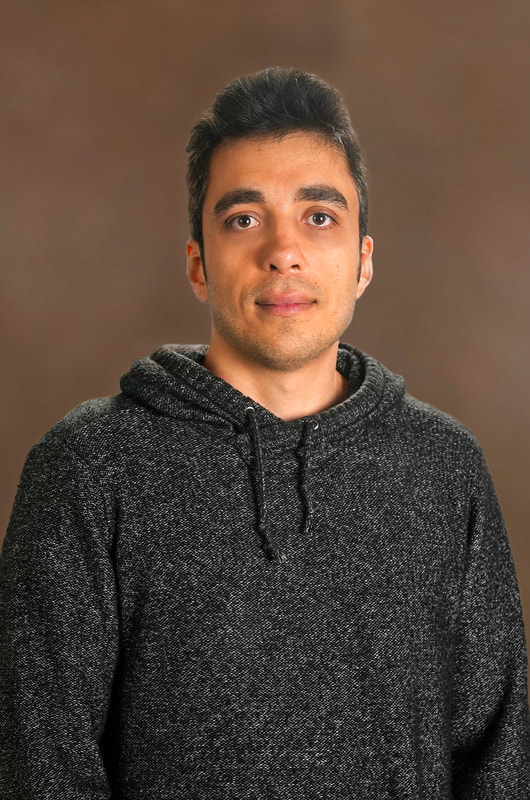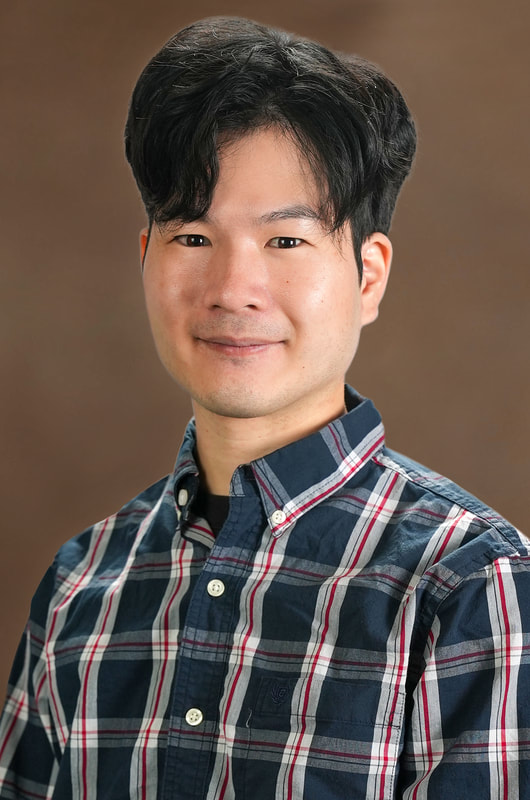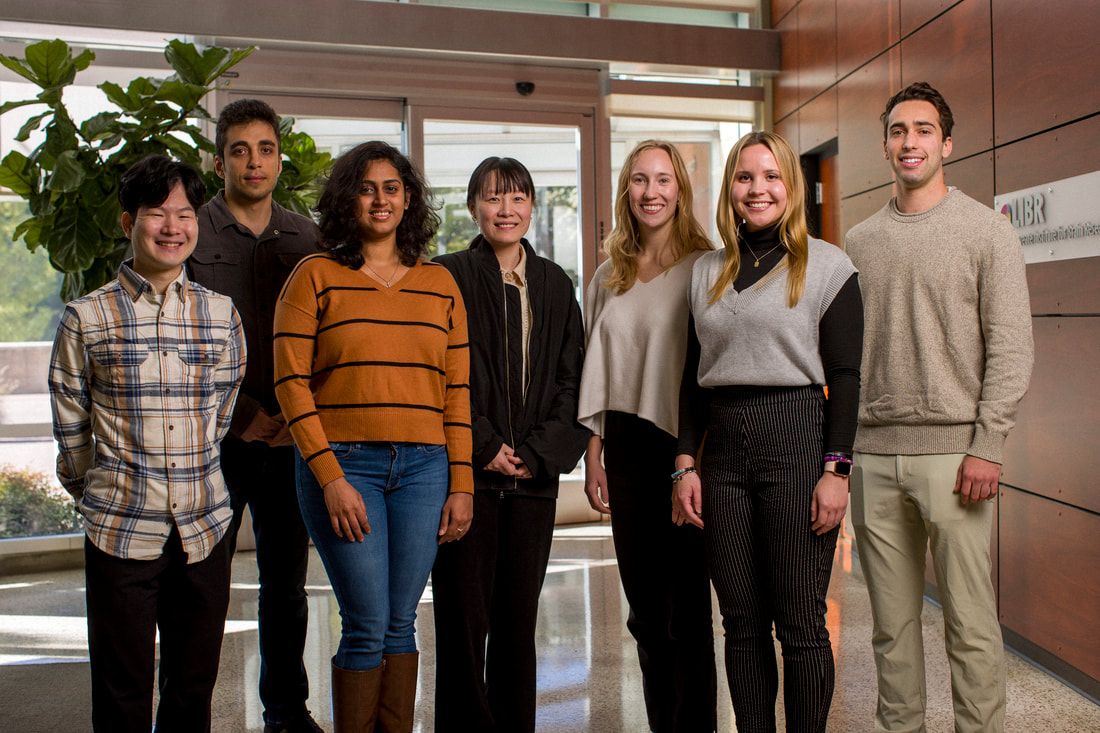The Smith Laboratory
Our Research ApproachDr. Smith’s lab focuses on understanding the neurocomputational mechanisms underlying emotion-cognition interactions and how they relate to brain-body interactions, with a special focus on information-seeking behavior, prospective planning, and interoception. Lab projects also focus on how these mechanisms are affected in depression, anxiety, and substance use disorders. The primary research methods used in the lab are neuroimaging and computational modeling, including a wide range of modeling approaches (e.g., drift-diffusion models, reinforcement learning models, active inference models). A major overarching focus is to characterize information processing differences between mentally healthy and unhealthy individuals with the goal of improving diagnosis and treatment selection within psychiatry and clinical psychology.
|
Research Program Highlights
Main QuestionsHow does the brain decide when information-seeking will be beneficial to achieving long-term goals? How does the brain simulate future outcomes of different possible action plans? How does the brain perceive and regulate internal bodily states? How are these processes influenced by current emotional states? How might these computational processes be affected in psychiatric disorders? Could understanding these mechanisms help us improve treatment approaches?
|
ApproachWe employ several methods aimed at providing multiple levels of description in characterizing psychological and biological processes, including self-reported experience, behavioral and physiological responses, functional neuroimaging, and computational modeling.
|
Future DirectionsWe aim to establish (1) the influence of anxiety on information-seeking and planning, (2) how such processes contribute to the vulnerability to, and the onset and maintenance of, psychiatric symptoms, and (3) how characterizing such processes in individual participants might inform more individualized and targeted treatment selection. We also aim to better understand veridical and false perception of internal bodily states in affective disorders; and whether measurable individual differences in computational mechanisms may improve our understanding of the determinants of subjective well-being.
|
Scientific Background
Dr. Smith received his Bachelor’s degree in the science of Psychology from Arizona State University in 2010. He subsequently completed three graduate degrees from the University of Arizona between 2011 and 2015. This included Master’s degrees in Neuroscience and in Philosophy (with a focus on Philosophy of Science and Mind), and a Ph.D. in Psychology (with a Cognitive Neuroscience focus). His graduate work in philosophy focused on the relationship between scientific explanation and understanding and on the relationship between physical and mental processes. This work was done primarily under the supervision of Jenann Ismael, who is a recognized leader in the fields of Philosophy of Cognitive Science and Philosophy of Physics. His graduate work in Neuroscience/Psychology focused on the role of prefrontal cortex in emotion and its pathology in Major Depression, using both structural and functional neuroimaging as well as measurement of heart rate variability. This work was done primarily under the supervision of Dr. Richard Lane, who is both a practicing psychiatrist and a recognized pioneer in studying the brain basis of emotion.
Dr. Smith subsequently completed a 3-year postdoctoral fellowship with Dr. W.D. Scott Killgore in the Psychiatry Department within the University of Arizona College of Medicine. During this fellowship he designed and ran a neuroimaging study focused on understanding the ability to hold emotional information within working memory. He also played a primary role in creating an online emotional intelligence training program designed to minimize the development of emotional disorders in military personnel.
Upon completing this postdoctoral fellowship, Dr. Smith accepted an associate investigator position at LIBR, following completion of a four-month visiting fellowship with Dr. Karl Friston at University College London. This fellowship focused on designing computational models of brain function for use in understanding emotions and mechanisms underlying psychopathology. In 2022, Dr. Smith was promoted to Principal Investigator and received an appointment as Research Associate Professor at the University of Tulsa.
Currently, Dr. Smith has authored more than 110 publications within peer-reviewed journals and scholarly books, based in part on the work described above. Many of these publications have also made theoretical contributions, proposing neurocognitive and computational models of conscious/unconscious emotion, neurovisceral integration, emotional intelligence, and depression. Most recently, his work has demonstrated multiple altered computational mechanisms in depression, anxiety, and substance use disorders associated with learning rates, information-seeking drives, and planning under emotional conflict.
Dr. Smith subsequently completed a 3-year postdoctoral fellowship with Dr. W.D. Scott Killgore in the Psychiatry Department within the University of Arizona College of Medicine. During this fellowship he designed and ran a neuroimaging study focused on understanding the ability to hold emotional information within working memory. He also played a primary role in creating an online emotional intelligence training program designed to minimize the development of emotional disorders in military personnel.
Upon completing this postdoctoral fellowship, Dr. Smith accepted an associate investigator position at LIBR, following completion of a four-month visiting fellowship with Dr. Karl Friston at University College London. This fellowship focused on designing computational models of brain function for use in understanding emotions and mechanisms underlying psychopathology. In 2022, Dr. Smith was promoted to Principal Investigator and received an appointment as Research Associate Professor at the University of Tulsa.
Currently, Dr. Smith has authored more than 110 publications within peer-reviewed journals and scholarly books, based in part on the work described above. Many of these publications have also made theoretical contributions, proposing neurocognitive and computational models of conscious/unconscious emotion, neurovisceral integration, emotional intelligence, and depression. Most recently, his work has demonstrated multiple altered computational mechanisms in depression, anxiety, and substance use disorders associated with learning rates, information-seeking drives, and planning under emotional conflict.
Selected Publications
Research Collaborators
|
Karl Firston
University College London Maxwell Ramstead
Verses Inc. Karen Weihs
University of Arizona Julia Sheffield
Vanderbilt University Harald Gundel
University of Ulm |
Richard Lane
University of Arizona Michael Mouttoussis
University College London Giles Story
University College London Al Powers
Yale University Sarah Garfinkel
University College London |
W.D. Scott Killgore
University of Arizona Horst Dieter Steklis
University of Arizona Edda Bilek
University College London Justin Strickland
Johns Hopkins University John J. B. Allen
University of Arizona |



